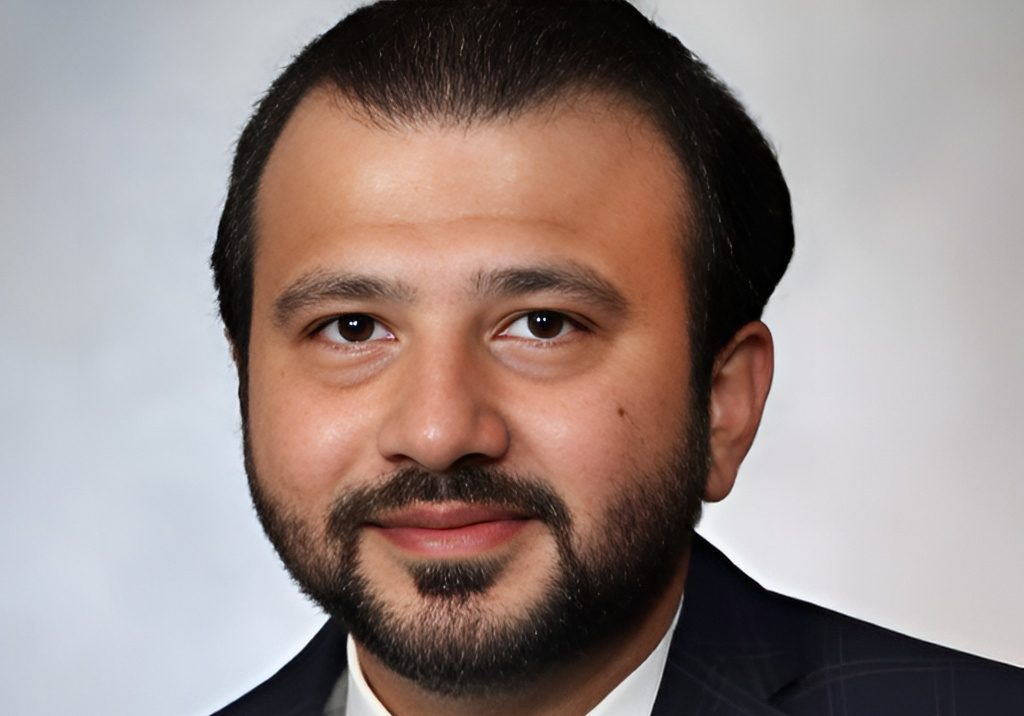Talha Badar, Hematologist/Oncologist at Mayo Clinic in Jacksonville, Florida, shared a post on X:
“Weekend review:
Blina and InO have significantly improved outcomes in B-cell ALL, increasing the possibility of allo-HCT to improve long-term outcomes.
How should these be sequenced in RR (relapsed and refractory)?
How should they be sequenced upfront?
Outcome after Blina and InO failure.
Brief thread on sequencing of Blina and InO:
BLINA & InO sequencing:
In our multicenter study of 276 patients, while we see a complete response rate of approximately 50%, when Blina or InO is given as the first immunoRx, overall survival was inferior when Blina was given second (5.9 months) compared to InO (10.5 months), p=0.09.
Another study on 29 patients with Blina and Ino showed extremely dismal overall survival after failing these agents. InO was more effective as a second-line treatment after InO.
Another study from Italy on 71 patients with RR B-cell ALL:
From the first immunotherapy, in the Blina/InO group, overall survival was 19 months and after InO it was 6.3 months. Disease-free survival after Blina was 7.4 months and after InO it was 5.4 months.
Single-center retrospective analysis, 53 evaluable patients, CR/CRi rate was 30%, duration of response 5 months, and median overall survival 3.9 months. Twelve patients received CAR T and nine patients underwent allo-HCT.
Blina sequentially added to InO+HyperCVD, cumulative dose of InO capped at 2.7 mg/m2 in cycle 1. With sequential Blina, progression-free survival improved from 34.7 to 56.4 months. (read further)
ALLIANCE is conducting a Phase II study of chemo-free induction with InO followed by Blina in Ph-negative BCP-ALL. Thirty-one patients received treatment, with an 85% complete response rate after InO and 97% after Blina. One-year event-free survival was 75%, and overall survival was 84%.
Summary:
Trends towards better responses with InO after Blina compared to otherwise.
Outcome is dismal in patients failing both agents in less than 6 months.
In upfront sequencing, a chemo-free regimen is attractive, with more to learn on dosing and safety in the elderly.”
Source: Talha Badar/X
